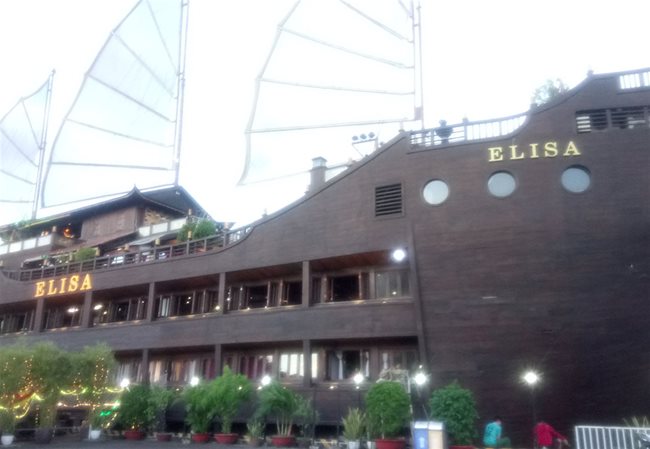|
However, the regulations have raised public eyebrows. “If a tourist at a resort sees the health authorities performing inspections or putting someone under quarantine, it would be hard to stop him from posting a photo or status message on the incident on Facebook,” a representative of a travel firm told the Saigon Times. In addition, it is difficult for travel firms and hotels to adequately explain to tourists what can be shared and what cannot. “Maybe the Vietnam National Administration of Tourism wants information being shared on the coronavirus situation on social media to be accurate. Thus, the administration forbids tourists from reporting the coronavirus situation at their hotel or resort because they may not understand what is actually happening. However, the administration should only forbid tourists from sharing false information, not from sharing information in general,” he stressed. Observers noted that preventing tourists from sharing information on the coronavirus situation would not ensure transparency in fighting the virus. Moreover, tourism management authorities do not have the right to ban citizens from sharing information. The Vietnam National Administration of Tourism has made no further announcements in the aftermath of the controversy. Besides the contested regulation, the administration also requires tourists to have their body temperatures checked; wear face masks, except when in their room or when eating and drinking at the hotel’s restaurant and bar; and cover their mouths when sneezing.SGT |
||
Dao Loan

ASEAN seeks solutions to ease COVID-19 impacts on tourism
ASEAN member nations have agreed to commit to a prevention plan as well as seeking cooperation from international organizations to together to revive travel confidence following the pandemic.

Domestic tourism gradually reopens
Prime Minister Nguyen Xuan Phuc has issued a directive on measures for socioeconomic development amid the early recession of Covid-19 in the country, including gradually reopening domestic tourism.
 The Vietnam National Administration of Tourism (VNAT) has issued regulations on coronavirus infection prevention and control, including forbidding tourists from reporting the coronavirus situation at their hotel or resort on social media.
The Vietnam National Administration of Tourism (VNAT) has issued regulations on coronavirus infection prevention and control, including forbidding tourists from reporting the coronavirus situation at their hotel or resort on social media. 